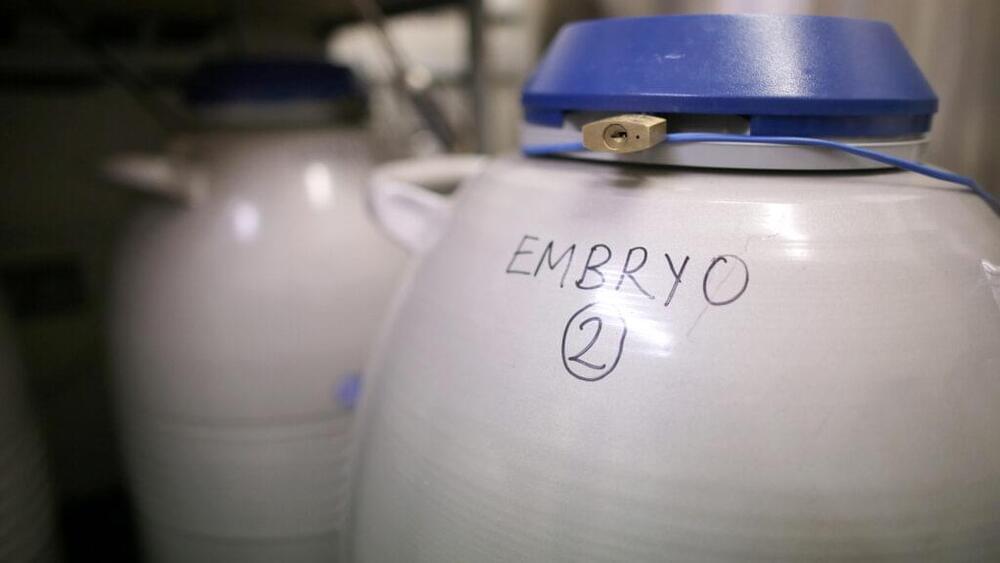“The definition of the human embryo is far from being engrained, it’s constantly evolving with scientific advances,” said Nicolas Rivron, a developmental biologist at the Institute of Molecular Biotechnology of the Austrian Academy of Sciences in Vienna. In a perspective published Thursday in Cell, he and an international group of leading luminaries in the fast-moving field of synthetic embryology — or “stembryology,” as it’s sometimes called — argue that these latest scientific advances justify a new definition for the human embryo that’s rooted not in how it was made, but in what it can become.
“Because of this new path, we think it becomes more and more important to think about the embryo not in terms of how it was formed but about the potential it has to generate something,” Rivron told STAT.
He and his co-authors proposed that embryos be defined as “a group of human cells supported by elements fulfilling extra-embryonic and uterine functions that, combined, have the potential to form a fetus.”
